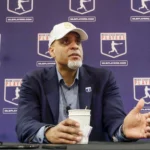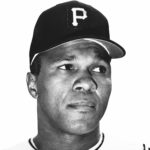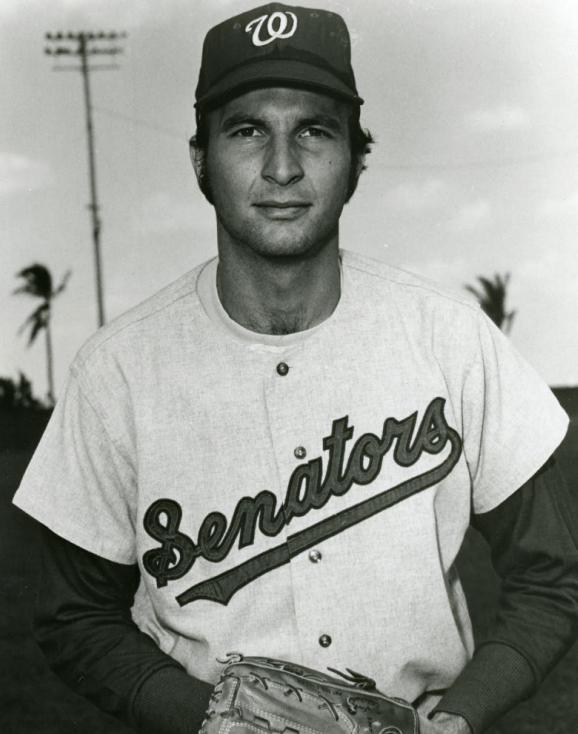Lucas Giolito may be a great pitcher, but does he have any appreciation for what former South Side pitchers Gerry Janeski and Rich Hinton are going through?
Tim Anderson may be one the most exciting players in baseball, a social justice warrior with the Players Alliance, and a natural showman whose bat flips are fun to watch, but he’s yet to respond to any of my Tweets regarding all the retired White Sox players not receiving MLB pensions.
He might as well be flipping me off.
For the past 12 years, I have been attempting to get justice for retired, pensionless baseball players who clearly don’t appreciate the fact that they have been forsaken by both Major League Baseball (MLB) and the union representing current players, the Major League Baseball Players Association (MLBPA). Through no fault of their own, these men were victimized by a vesting rules change that occurred during the 1980 Memorial Day Weekend.
At the time, retirees such as Janeski, a pitcher who won 10 games while making 35 starts as a rookie for the Sox in 1970, and Hinton. who won seven games with the team while appearing in 75 games for them in 1971,1975, 1978, and 1979, needed to accrue four years of service credit; that was what anyone who played between 1947 – 1979 needed to be eligible for the pension plan.
But during that weekend, the vesting requirement was lowered to one game day to be eligible to buy into the league’s health insurance plan and just 43 game days on an active MLB roster for a pension. As a result, the maximum allowable pension a retired MLB player who is vested can make is currently $230,000.
However, the union failed to request that this sweetheart of a deal be made retroactive for the men like Janeski, who turned 75 on April 18, or Hinton, who once told columnist Doug Fernandes of the Sarasota Herald Tribune that he wishes he had health insurance for himself, his wife, Rita, and their six children.
“We’ve never had health insurance,” he continued. “We just trust we don’t get sick or we don’t get hurt.”
All Janeski, Hinton, and 610 others receive are non-qualified retirement payments based on the following formula: for every 43 game days of service, he gets $625. And not only is that payment before taxes are taken out but it doesn’t get passed on to a widow, child, or other designated beneficiary.
Mind you, it took the league and union 31 years just to agree to throw these senior citizens this bone.
Despite having a pension and welfare fund that one post-1980 player recently told me is valued at nearly $4.5 billion, the MLBPA has been loath to divvy up more of the collective pie. Consequently, many of the impacted retirees are filing for bankruptcies at advanced ages, having their homes foreclosed on, and are so poor and sickly they cannot afford adequate health insurance coverage.
It is anathema to me why the MLBPA doesn’t want to share more of its wealth with these non-vested men. Especially since many of these players stood on picket lines, went without paychecks, and frequently endured labor stoppages all so that a Giolito, Andersen, or reigning AL MVP Jose Abreu could benefit from free agency and command what some of us might consider obscene salaries.
And then there’s the story of my late friend, George Yankowski, who passed away last February at the age of 98.
George, who enlisted in the U.S. Army in October 1942, wanted to become an aviation cadet, but ended up in the infantry and trained as a sniper. He sailed for Europe in 1944 with the 346th Infantry Regiment in the 87th Infantry Division.
He fought in Metz, France — and then moved to Luxembourg, Germany, where he took part in the Battle of the Bulge.
He earned the Bronze Star and the Combat Infantry Badge for his frontline encounters during that famous 44-day campaign.
In 2014, Miami’s French Consul General also awarded him the French Legion of Honor Medal.
George was willing to take a bullet for us. To die for us. And how did the national pastime repay him?
With a gross check of $2,500.
George was signed by no less than Connie Mack. He played for the Philadelphia Athletics in 1942 before doing his patriotic tour of duty. He resumed his career with the White Sox in 1949.
When he got his first check 10 years ago, you know how he spent it? He used the money to pay for sorely needed dental work.
Which is fitting. ‘Cause this reprehensible situation really bites.
A freelance magazine writer, Douglas J. Gladstone is also the author of two books, including A Bitter Cup of Coffee.
Author Profile
Latest entries
 MLBDecember 14, 2022A Tale of Two Wyomingites
MLBDecember 14, 2022A Tale of Two Wyomingites MLBJuly 2, 2022Asking for Accountability From a POC Isn’t Bigotry
MLBJuly 2, 2022Asking for Accountability From a POC Isn’t Bigotry MLBFebruary 5, 2022A Valentine’s Appeal to Tony Clark, Executive Director, Major League Baseball Players’ Association
MLBFebruary 5, 2022A Valentine’s Appeal to Tony Clark, Executive Director, Major League Baseball Players’ Association MLBJanuary 19, 2022MLB: Pre-1980 Players Without a Pension List Now Stands at 525
MLBJanuary 19, 2022MLB: Pre-1980 Players Without a Pension List Now Stands at 525

